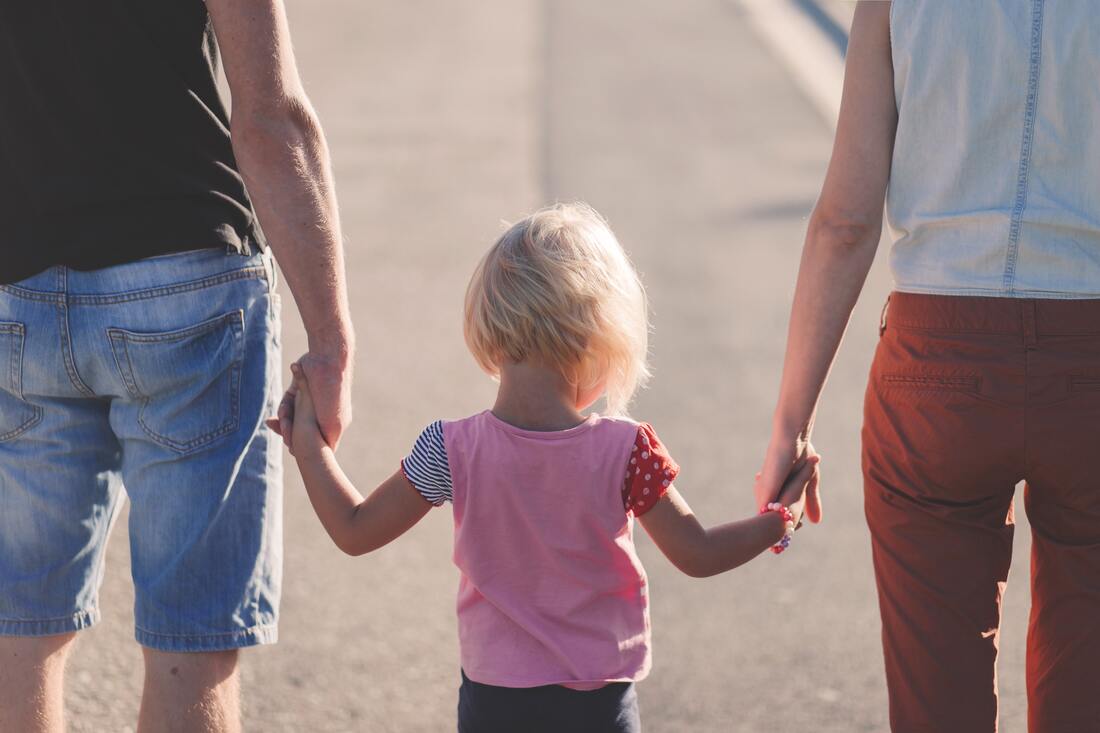|
When a new couple or a new individual client begins work with me, we always take time to explore "family of origin" - the family each individual grew up with. We are working together as detectives to understand each person's "history of relationship." Many of us chug along through life without thoroughly examining our history of relationship. We assume that we are born knowing how relationships work, and we can figure it out via instinct, emotion, and attraction. Instinct, emotion, and attraction are all very persuasive, too! They feel BIG, they feel MEANINGFUL, they feel REAL. Oh, and they feel EXCITING, too! Of course they can get us into trouble if we don't (lovingly) question them. So let's go! Your "history of relationship" is made up of many elements:
For the purpose of the "practice of the week," we're going to focus on how you experienced your parents or caregivers "doing" relationship in the home. This is of crucial significance because as social creatures, we learn how to do relationship by observing those closest to us. This entails a lot more than a general "my childhood was great, I played outside, I was a happy kid, my parents were great." That's nice to hear but it's my job as a therapist to be curious if you're now walking into my office with relationship struggles. Enter the "lovingly question" approach. We're not trying to come up with all the ways you are broken, that feels horrible and just is not true. We're looking for clues as to what areas you learned productive relationship habits and in what areas you could use some coaching. This is about being humble, open, and gentle. Practice of the Week: Consider the following questions. Let them tumble around in your mind for a week. Journal on them. If you can / want to, talk to your parents or the folks that raised you. Talk to siblings if you have them. Look at old family photos. Let things cook inside you and see what comes up - some may be familiar territory - allow room for new insights to arise.
That's a lot to reflect on for a week - these are the sorts of questions that sometimes unfold over years as we begin to gnaw on them and stories and memories emerge. As you begin to put together your own "history of relationship" via observing the people who raised you, give some thought to the impact these experiences had on you, and your own skills in relationship. Where do you really thrive in relationship? Where do you chronically get stuck? Often these "stuck points" have their origins in what we did or did not learn as a kid. Never saw your parents apologize to each other? Conflict meant two adults giving each other the silent treatment for 3 days and a feeling of walking on eggshells? It wouldn't then be a surprise if you struggle in conflict in your intimate relationships - you never learned how to do it well! (Don't worry, join the club, it's a big one). I like this questioning process because, once again, it gets us curious and humble. Of course we don't know what we don't know! The magic lies in the learning. And that's one of the big points of therapy. Turns out there is a whole lot that you can choose to do differently (like learn to argue in a way that does not stir up threat and fear). Ready to learn how to do things differently, or want to be furious or devastated about the way it was? There's space for you here. You can reach me at [email protected] or 720.738.3530. Comments are closed.
|
Practice of the WeekWeekly practices in mindfulness, self-compassion, nature connection, and healthy relationship habits. Themes are personal growth, committed partnership, parenting, and greater connection with self and the earth. Archives
April 2020
Categories
All
|

720.738.3530 [email protected] Offices in Boulder and Golden, CO Licensed in Colorado and Wyoming Individuals, Couples, and Wilderness Experiences |

 RSS Feed
RSS Feed
